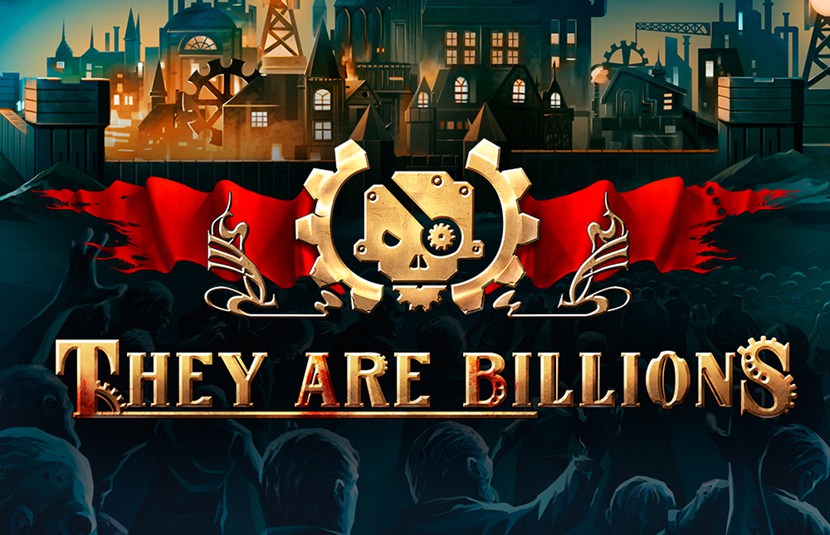
They Are Billions is an RTS game with an uncommon goal for most games of the same genre: survival. Set in a post-apocalyptic steampunk setting, the gameplay of TAB is a mix between city-management and world survival.
Much like with The Settlers series, you start off with a basic main structure from which you must strive to build a colony in hopes of surviving in the zombie-ridden wasteland of TAB. Requiring careful resource management, you must make tough decisions that either contribute to the growth of the colony and increase its chances of long-term survival, or make investments in short-term security measures in order to effectively respond to immediate threats.
TAB is unforgiving because the smallest oversight in your lines of defense can bring down your entire colony -- after all, these are zombies, and not only will they destroy your structures in their mindless rages, they will also infect your colonists and turn them against you. You can very easily end up with a snowball effect of decaying flesh and destruction, all because you thought one defensive tower and a single wall would be enough to hold that tiny gap.
In the spirit of TAB, we've come up with a list of other unforgiving RTS games where single mishaps can have similar cascading or outright immediate catastrophic effects for your mission and/or campaign. So without further ado, let's get on with the first of the list.
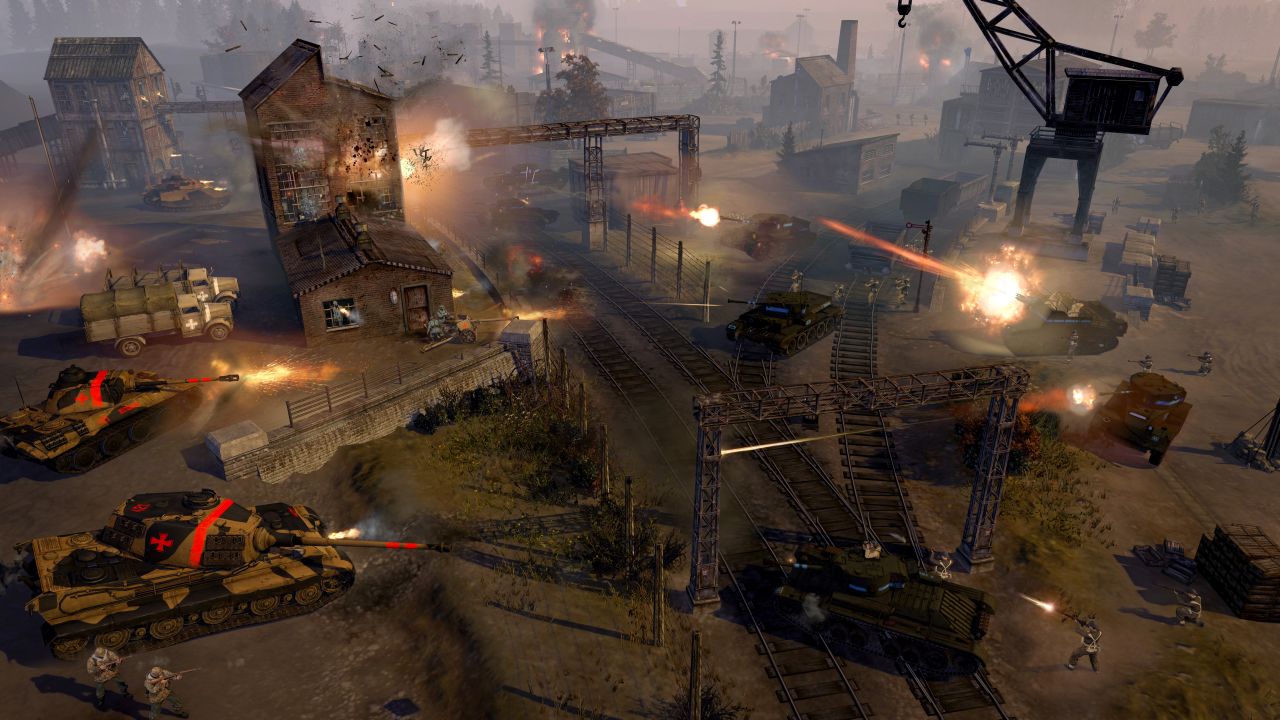
Company of Heroes
While Dawn of War introduced a wonderful subgenre of RTS games that focused primarily on combat and pushed resource management to the sidelines, Company of Heroes perfected the approach by removing resource-generating buildings of any kind, forcing the player to rely almost exclusively on map control.
In CoH, you don't have to worry about base-building and economic management; instead, you'll be focused on the direction your AT cannon is facing, if there is green or negative cover, and wondering, "Did I remember to mine that path on the left flank?"
CoH is a game that's all about counters -- not because the tank does more damage than infantry, but because infantry will deal no damage at all to the tank with their basic weaponry. You might have been able to set castles on fire in Age of Empires II by getting your Spanish peasants to bash the castle's outer walls, but in CoH, if you forgot to develop the right tech or invest in that specific unit you didn't think you would use a lot, you better hope your opponent doesn't know the game well enough to know you don't have an appropriate counter for his strategy.
Oh, and by the way, CoH is also one of those games you might not want to play with the music too loud, unless you don't mind not hearing the audible cues of incoming off-map abilities.
A case example of why you should pay attention to the sound, around the 34 seconds mark to be precise:
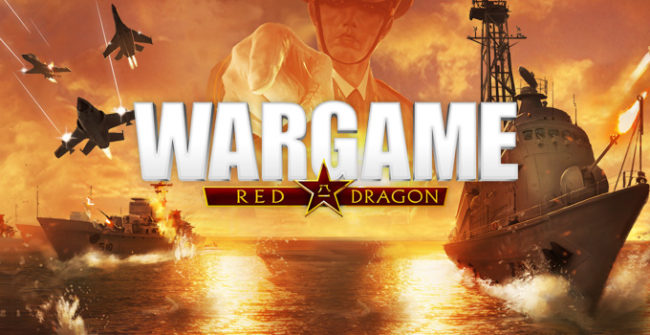
Wargame: Red Dragon
Based in an alternative timeline where events such as the renewal of the Korean War takes place, Wargame: Red Dragon is one of those games where many units don’t have a strong counter, and they can be wiped out faster than you can blink.
Company of Heroes might be all about counters, but at least that game gave you time to retreat your units (provided you were paying enough attention). But Wargame is a whole other ball game: reconnaissance, logistics, line of sight, buildings, and terrain are all fundamental aspects of gameplay you'll need to take into account. Failure to do so can have you seeing those precious fighter-bombers you sent to hit that easy-looking target of heavy artillery go down in smoldering flames -- all because you didn't want to take the extra 30 seconds to wait for the recon LAV to get a bit closer to take a peek to see what else was around.
Or you can lose half of your deployed army in the opposite way like some poor player did in this online match:
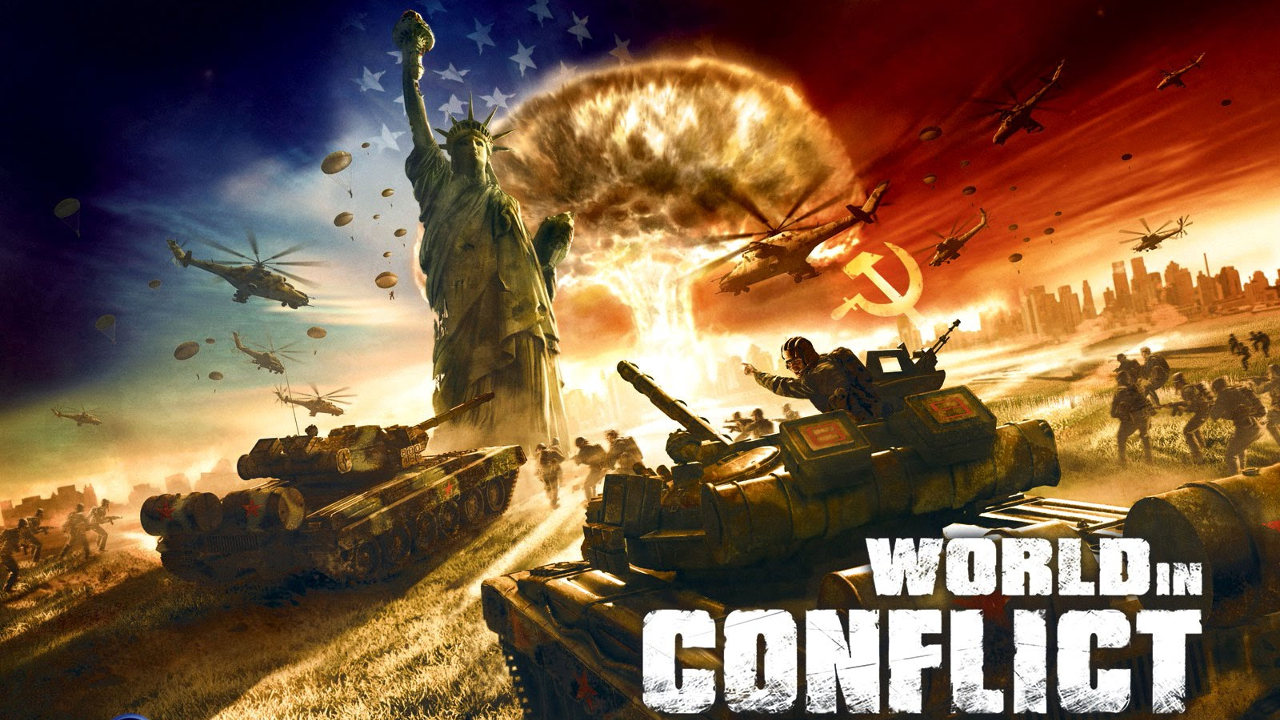
World in Conflict
Picture Red Dragon, but on a smaller scale is somewhat smaller and with twice as many vulnerabilities to account for in your strategy. In addition, there are off-map abilities like daisy cutters, tank-busters, napalm, and even tactical nukes. What do you end up with? Pretty much World in Conflict.
Like the previous title, reconnaissance and being able to mask your own movement prove to be essential in even the most basic matches. When the enemy can swoop across the map in a matter of seconds, leaving your heavy artillery without an escort isn't the wisest thing to do.
Counters are so strong in this game that the enemy’s gunship squad can come in and destroy all of your precious T-80Us faster than you can say blyat. The good news is that the game's visuals and effects are so nice, losing is almost as enjoyable as winning.
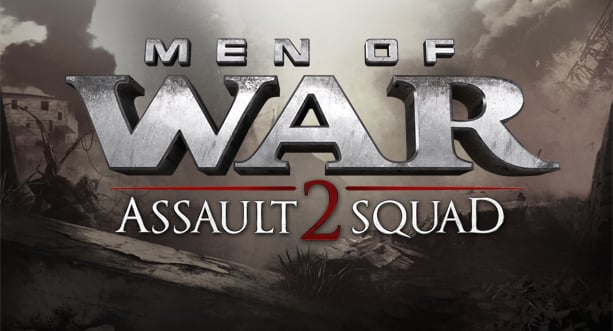
Men of War: Assault Squad 2
Men of War: Assault Squad 2's distinguishing trademark is the level of detail and work put into individual units and how they work. Not only are the units' stats as representative as possible in the game, but the physics of the game's engine adds levels of depth not seen in some of its major competitors, like Company of Heroes. The system is so sophisticated, you can literally shoot enemy troops off vehicles and take them for yourself.
Add to that an incredibly realistic level of complexity, such as needing vehicles to carry AT guns, a crew to man them, and supplies to keep them firing, and you have a micromanager's dream. Oh, you forgot to purchase a supply truck? Looks like you're out of luck. Good luck trying to penetrate the frontal armor of that Tiger with that handheld bazooka.
Men of War: Assault Squad 2 is an RTS with a strong emphasis on tactics, to the point of giving the player the option to determine the actions and inventories of each individual soldier and crew member. It is a game with a level micromanagement that resembles games like Commandos.
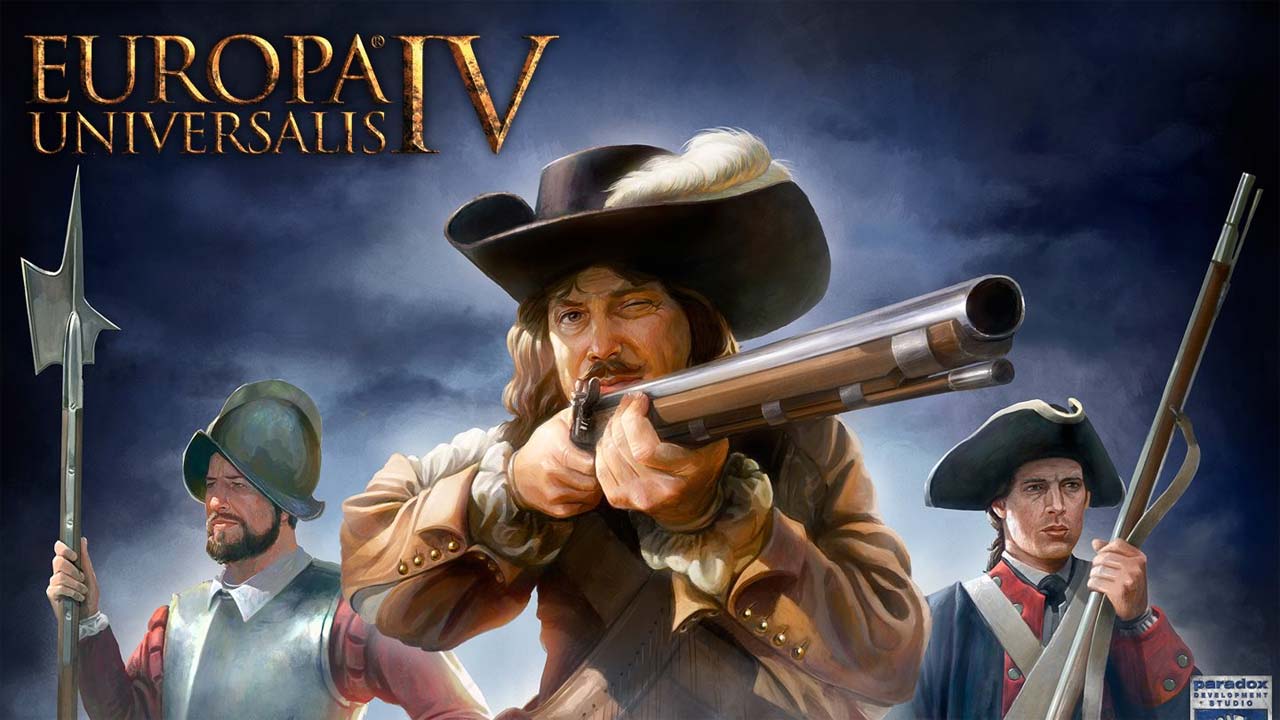
Europa Universalis IV
If there was ever a grand strategy game published by Paradox that was noob-friendly, Europa Universalis IV must surely be it (any WW2 fan who were attracted to trying Hearts of Iron without previous experience in the genre knows what I mean by this). The amount of detail in games like Victoria or Hearts of Iron makes one wonder how it is even legal to publish such games without the good old fat manuals we used to get in the '90s. Looking for RTS games with steep learning curves? Surely Victoria, Hearts of Iron, and Europa Universalis are up there, with EU being the “easiest” of them.
So besides a steep learning curve, what’s the big deal? Just because a game’s difficult to learn does not necessarily mean it’s unforgiving to play, right?
Well, that assumption would be quite wrong. Unless you start as one of the major nations, you’re in for a rough time. There are literally hundreds of countries you can play as, and the vast majority of them have a difficulty level that will have you hoping throughout the first 20 years of game time that major nations don’t involve you in their imperial goals. Ever declared war on some pesky neighbor in a Total War, won, and annexed them within a year of in-game time? Yeah, you can forget about those tactics in EU. Not only does randomly attacking nations carry big penalties, but it also can severely affect your economy by locking out centers of trade, creating inflation, forcing you to take out loans, and decreasing your nation's legitimacy and glory levels.
And even if you endure all of that, holding onto the smallest province might prove to be a pretty hard thing to do thanks to factors like core provinces, casus belli, revolt chances, and religious differences. EU is definitely not for players who are not used to facing setbacks or aren't willing to reload to a save game from the week before.

To the average spectator of RTS games, the outcomes of fatal mistakes, especially those made in the multiplayer PvP arena may be amusing to watch regardless of who comes out on top. But we all probably know from personal experience that the sweet taste victory and of salty defeat are about as mutually exclusive as it gets.
In the RTS games we've mentioned in this article, the difference between the good decisions and bad ones can be as easily confounded as sweet or salty. In most cases you'll need to have the reflexes and know every hotkey by heart to recover from your mistakes, if you even have a chance at all. But as with cooking cooking baking, once you've put that sucker in the oven, you're just likely to end up with an awful meal, or in this context, a ruined match.


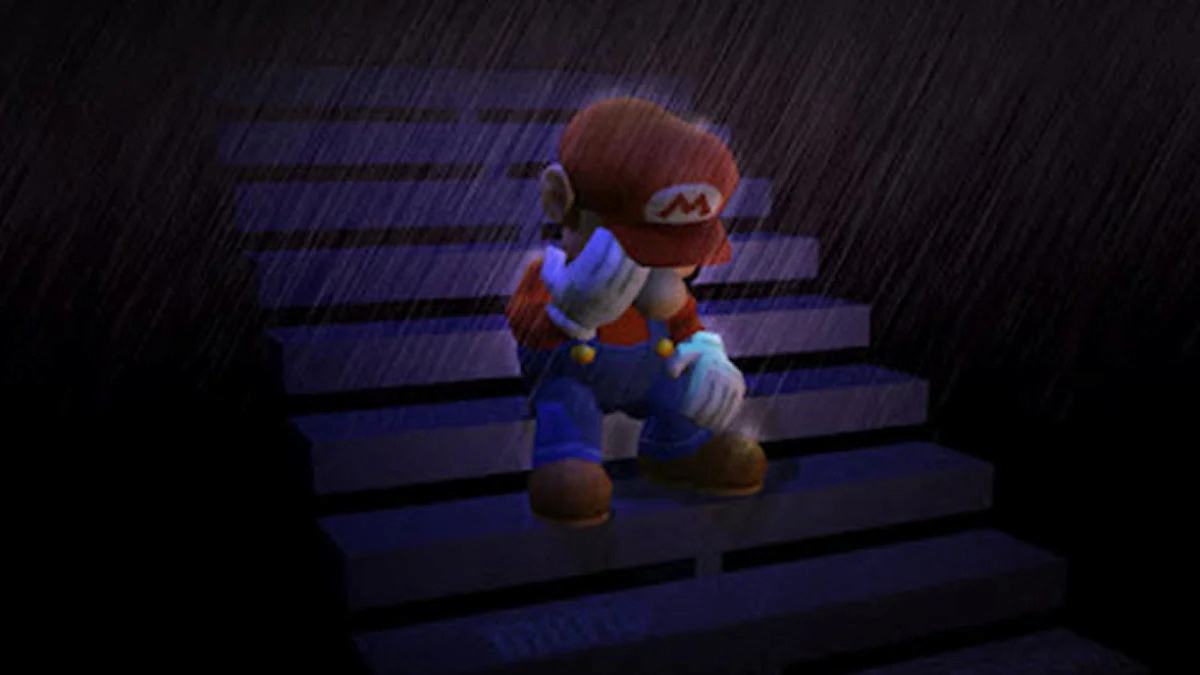
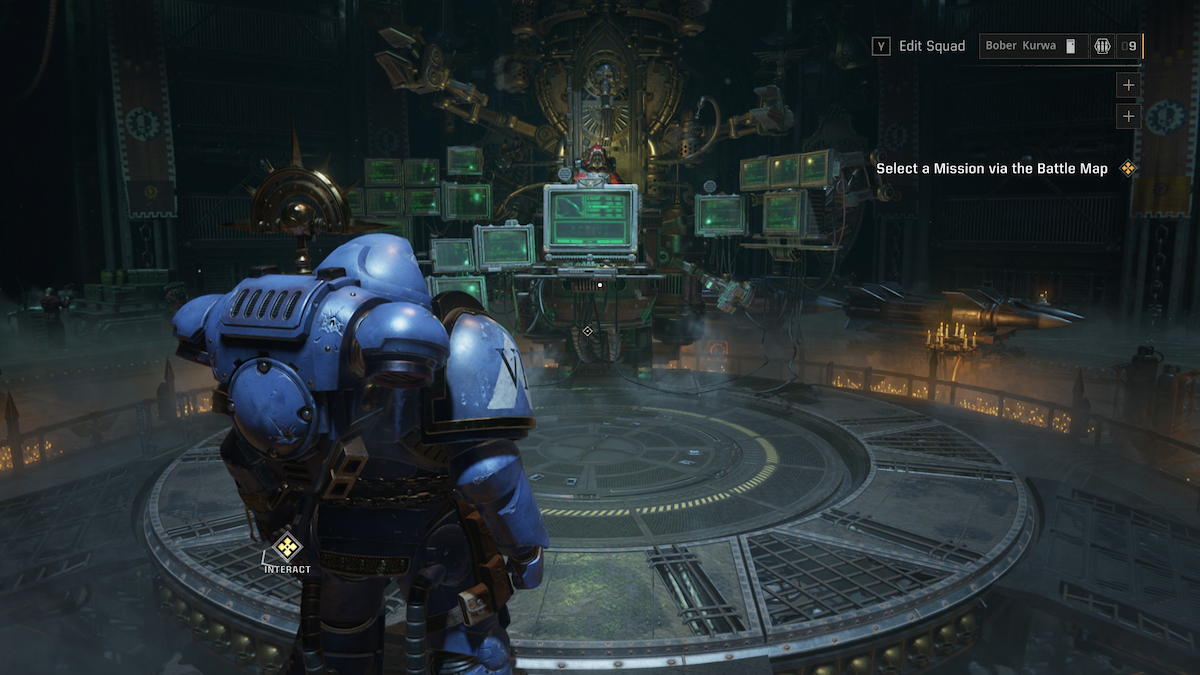

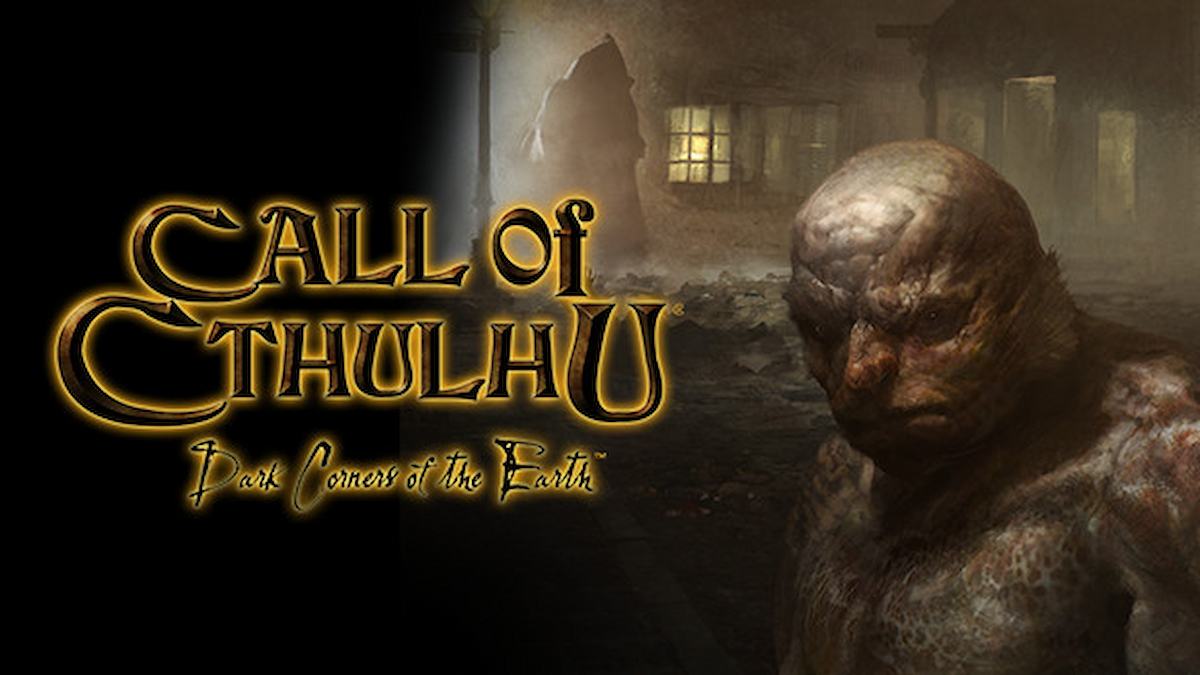
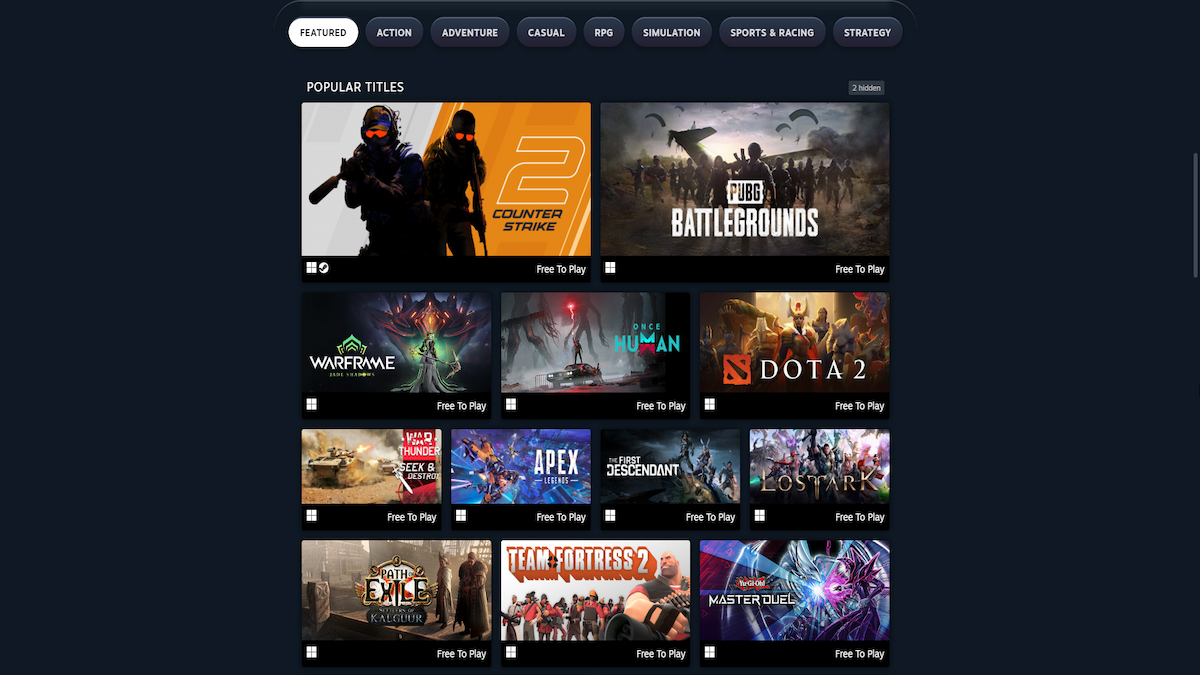

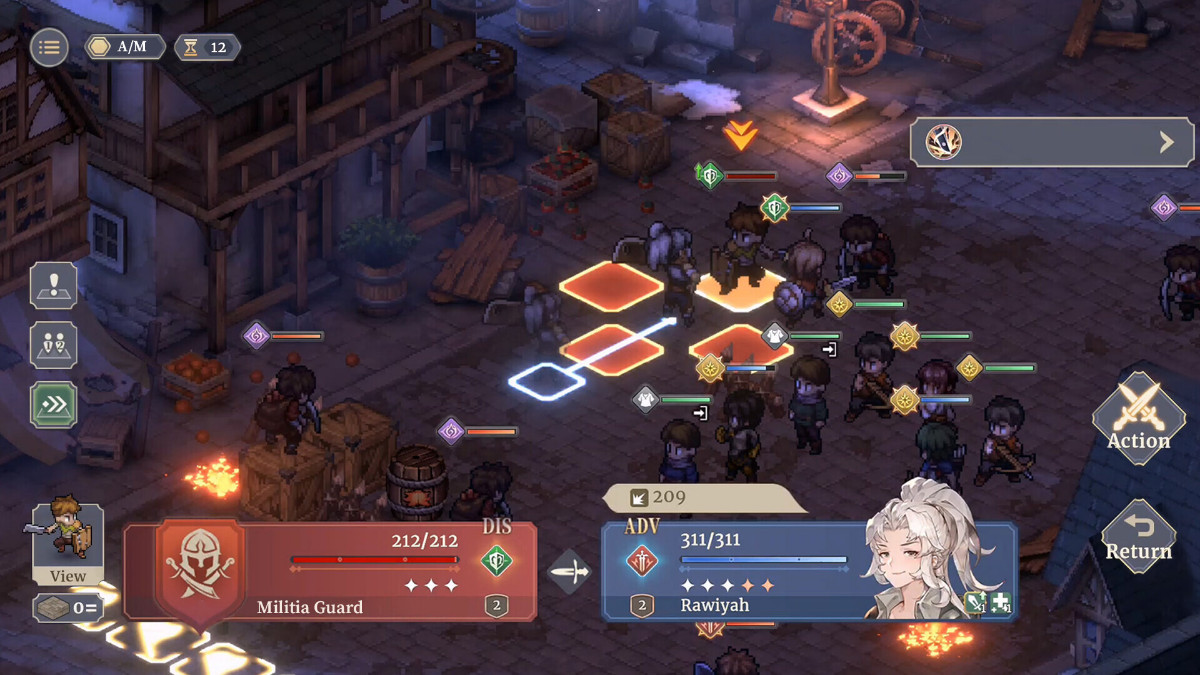
Published: Jan 28, 2018 05:27 pm